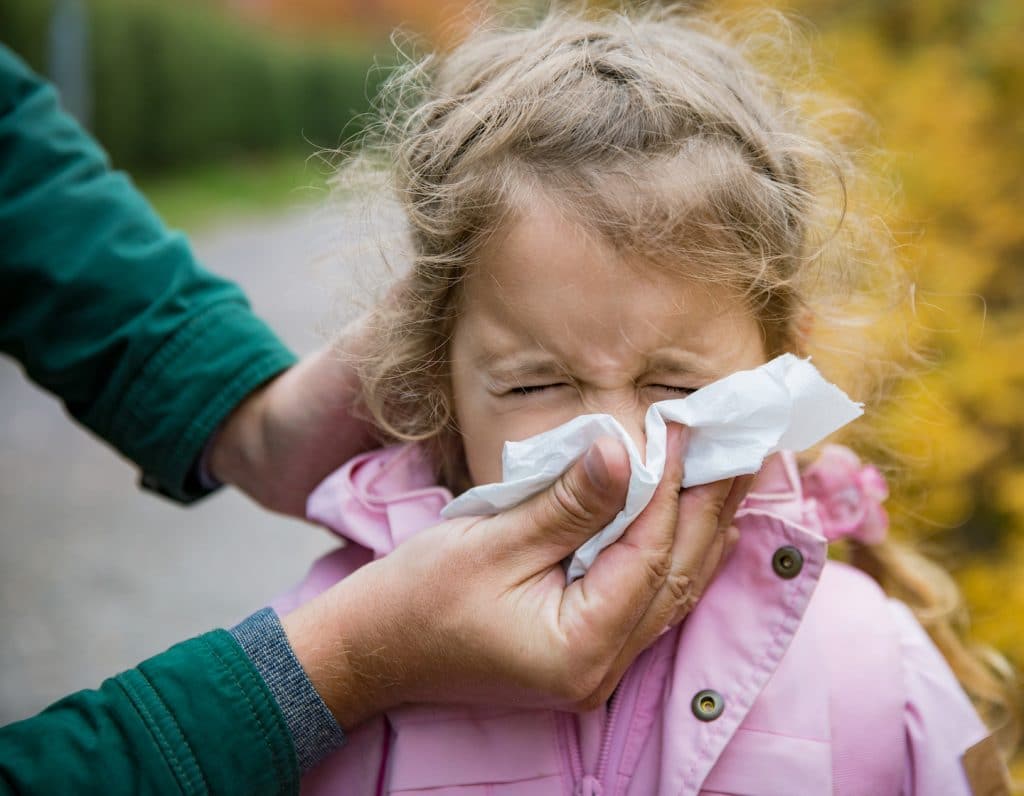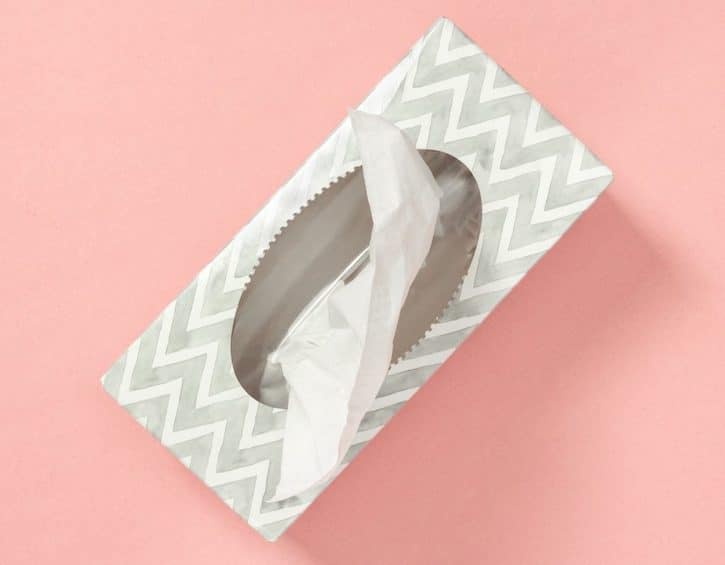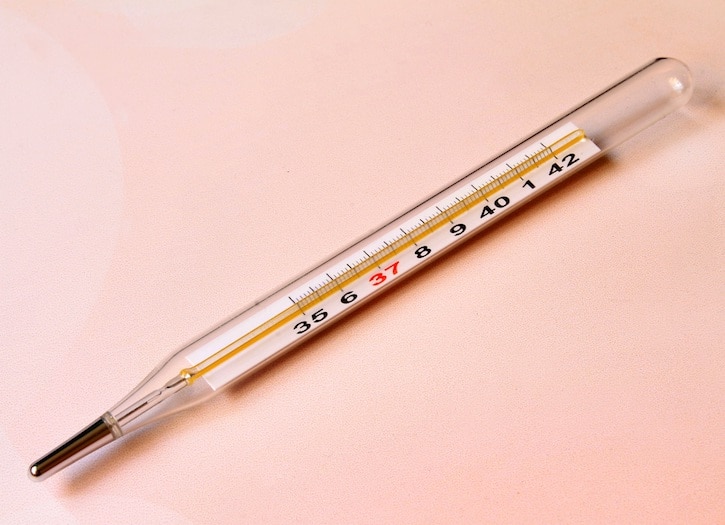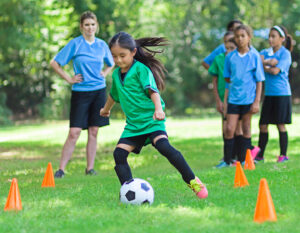
Beat the bugs before influenza strikes.
It’s understandable to be concerned for yourself and your family regarding the flu , especially if you have young children. Nevertheless, taking the time to inform yourself about these nasty viruses can help you better navigate flu season and minimise the impact. Preventing the flu or any other viral infection by optimising your overall health is the best strategy all year round, but, if you do become unwell then the next best thing is knowing what to do.
But before we discuss seasonal influenza, let’s first look at what is being called the “Wuhan virus”, after Hong Kong confirmed its first cases in the city. It is caused by a novel coronavirus (meaning one that’s not been seen before), which also causes pneumonia – a serious inflammatory lung condition. As coronaviruses also affect the respiratory system, many of the symptoms may be similar to the flu, however, the CHP notes that the Wuhan virus symptoms are fever, cough and shortness of breath. Should you or someone in your family develops any of these symptoms, or experiences any chest pains (or if your flu symptoms are lingering and not going away) then it is important to see a medical doctor. As a coronavirus can be spread in the same way as the flu, all the hygiene precautions detailed below apply.
Read more: How To Boost Your Immunity During The Winter Flu Season

What Is Flu Exactly?
Many of us laugh at the “man flu” phenomenon, but the reality is that being infected by the real influenza or flu virus is no laughing matter. In fact, it’s quite the opposite, as despite symptoms in a robust person being potentially mild, it can also get more serious, even resulting in death for individuals with compromised immune systems (young kids, pregnant mums and the elderly). Regardless of age, once the flu takes hold it attacks the respiratory system, typically manifesting in a range of nose, throat and lung symptoms including dry cough and headache – all of which are accompanied by fever, fatigue and, all too often, debilitating body aches and pains.
The flu is very contagious, which is why schools and kindergartens typically close should an outbreak occur, to minimise the spread between our little ones. Whilst you can be exposed to a flu virus at any time of year, it more usually rears its ugly head seasonally. Here in Hong Kong we actually have two flu seasons, one lasting from January to April and the other from July to August.

How To Help Stop The Flu From Spreading
Once exposed, the flu virus has to incubate for up to four days before it begins “shedding” and becomes contagious. So, an infected person becomes infectious from approximately one day before symptoms appear until five to seven days after. People whose immune systems are less robust (including young children and the elderly) can be infectious for longer.
According to Hong Kong’s Centre for Health Protection (CHP), the flu virus is spread in tiny water droplets that fly out when an infected person coughs, sneezes or even speaks. The virus can also be passed on to the infected person’s hands, then transferred on to door handles or other surfaces, which is why hand washing after touching your nose or mouth is so important.
Apart from hand washing, staying at home at the first sign of any symptoms, using a face mask correctly and stopping habits such as nail-biting can all help to reduce the spread of infection. Many people also carry hand sanitiser for times when hand washing may be difficult. For those wanting to avoid excess chemicals or looking for alcohol-free versions, more natural options are available in health food stores or online.

If You Do Become Unwell
- Stay at home and get plenty of rest.
- Even if you have lost your appetite, it’s very important to stay hydrated with frequent drinks of water, soups, or perhaps some ginger and lemon tea.
- If you usually drink coffee and have stopped, you may get caffeine withdrawal headaches – a cup of green tea a day can help relieve this and provides a little antioxidant support.
- Both vitamin C and zinc may help shorten the duration of your symptoms. However, zinc must be taken with food to help prevent nausea.
- Avoid sugary foods and drinks, as sugar can suppress the immune system.
- Cover your nose and mouth with a tissue if you sneeze or cough, then discard it into a sealed bin and wash your hands afterwards.
- Wipe down any surfaces that may have been contaminated from hand contact during the viral incubation period, or afterwards.
- If you must go out, use a surgical face mask to minimise the spread of the virus.

What You Should Know About Fevers
Part of your flu preparation is to ensure you have a thermometer in your first aid kit at home and know how to use it. Though many people want to suppress any rise in temperature, a fever is the immune system’s way of fighting infection and not to be feared, as they are usually self-limiting and beneficial in most people.
That said, monitoring the progression of any fever is the wisest course of action to ensure it remains within a safe range, and also to know when to take action.
In adults and older children, a fever up to 38.9°C (102°F) can help the body fight off the infection and, as long as they are otherwise usually healthy, then a slow temperature increase to 39.4°C (103°F) or even 40°C (104°F) for a short period of time is still within the acceptable temperature range. However…
See A Medical Doctor Immediately For:
- Any fever looking like it may exceed 40°C (104°F).
- Any fever in an infant less than six weeks old.
- Children less than three months with a temperature of 38.0°C (100.4°F), even in the absence of any other signs of illness.
- A fever in an immunocompromised person, or those on medication that suppress immune system function (such as following an organ transplant, or when receiving chemotherapy), as they are less able to fight off an infection. This can also include those on medication for chronic inflammatory conditions, e.g. rheumatoid arthritis or systemic lupus erythematosus (SLE).
- An elderly person who is unwell, even if their fever is not high (it may be less than 37 °C or 100°F).
Read more: Measles: What You Need To Know
 View All
View All










 View All
View All




 View All
View All


 View All
View All















